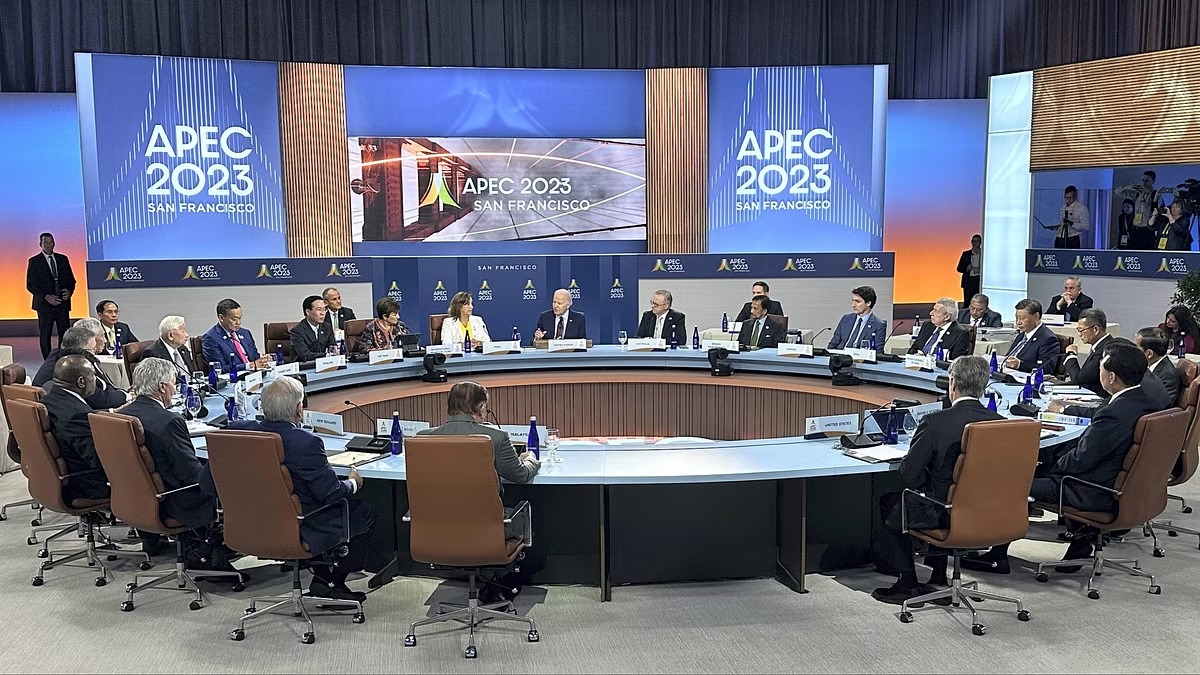The recent Asia-Pacific Economic Cooperation (APEC) summit concluded on Friday with palpable tension and stark divisions among Pacific Rim leaders regarding the ongoing wars in Gaza and Ukraine. The two-day summit, featuring intense discussions and high-profile meetings, highlighted the profound disagreements within the 21-member APEC alliance. As leaders convened to address economic cooperation, the specter of geopolitical conflicts loomed large, overshadowing the initial agenda and revealing the deep-seated discord among nations.
Biden-Xi Summit Fails to Quell Rising Tensions
The summit kicked off with a much-anticipated meeting between US President Joe Biden and Chinese President Xi Jinping on Wednesday. The primary objective was to ease escalating tensions between the world’s two largest economies, which have been a cause for concern throughout the Pacific Rim. Despite the diplomatic efforts, the summit failed to achieve a breakthrough, leaving the region on edge and leaders grappling with the implications of the strained relations between the United States and China.
APEC Members Remain Divided on Ukraine and Gaza Conflicts
The core discussions at the APEC summit were dominated by the divisive issues of Russia’s war in Ukraine and the Israeli conflict in Gaza. The 21 APEC member nations, encompassing a diverse array of political perspectives, entered the meetings deeply divided over these global conflicts. The divergence of opinions persisted throughout the summit, and the concluding statement issued by the US reflected the persistent discord within APEC. While the declaration condemned aggression against Ukraine, it also exposed the reluctance of some members to address geopolitical issues within the APEC framework.
Three APEC Nations Challenge Golden Gate Declaration
A notable development emerged as Brunei, Indonesia, and Malaysia jointly issued a statement challenging the language of the chair’s statement in the “Golden Gate Declaration.” The declaration, intended to cover economic issues, faced objections from these nations, asserting that APEC should not delve into geopolitical matters. The statement revealed that some APEC leaders aligned with the joint Arab-Islamic summit held in Riyadh on November 11, echoing a call for an immediate end to military operations in Gaza and rejecting Israel’s justification for its actions.
As the APEC summit concluded, it left in its wake a Pacific Rim region grappling with unresolved geopolitical tensions. The failure to find common ground on the wars in Ukraine and Gaza underscored the complexity of navigating global conflicts within the framework of economic cooperation. The divisions exposed during the summit raise critical questions about the future role of APEC in addressing not only economic but also geopolitical challenges that continue to shape the destiny of nations across the Asia-Pacific region.















